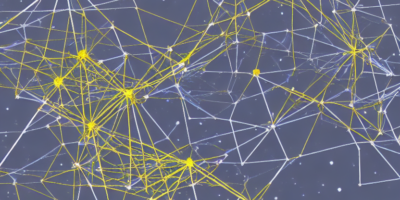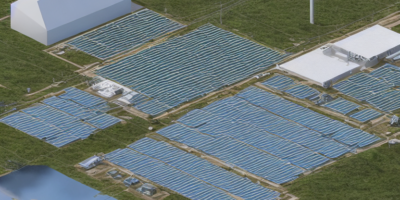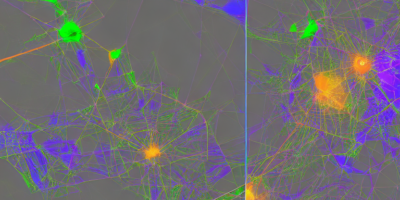In this article, we delve into the world of energy systems and explore how to optimize their performance using a technique called distributionally robust optimization (DRO). DRO is like having a superpower that helps us make decisions in uncertain times. By considering multiple possible scenarios, DRO ensures our decisions are robust and can withstand any challenges that come our way.
The article starts by explaining the basics of energy systems and how they’re becoming increasingly complex. This complexity makes it harder to optimize their performance, especially when there are many different variables at play. That’s where DRO comes in – it helps us tackle this complexity by taking into account multiple scenarios and making decisions that are robust across all of them.
The article then delves into the mathematical side of things, showing how DRO works through a series of equations and algorithms. This might seem complex, but fear not! The author uses analogies like "dimension of action" to help explain these concepts in an easy-to-understand way.
Next, the article discusses a case study that validates the effectiveness of DRO. In this study, the authors use Python and PyTorch to simulate energy systems and demonstrate how DRO can be applied in real-world scenarios.
Finally, the author summarizes the main points of the article, highlighting the importance of considering multiple scenarios when optimizing energy systems. By using DRO, we can make more robust decisions that take into account the uncertainty of the system and ensure optimal performance.
In summary, this article provides a comprehensive overview of how DRO can be used to optimize energy systems. It demystifies complex concepts by using everyday language and engaging analogies, making it accessible to readers who may not have a background in math or engineering. The author effectively communicates the importance of considering multiple scenarios when optimizing energy systems, highlighting the benefits of using DRO to make more robust decisions.
Electrical Engineering and Systems Science, Systems and Control
Robust Energy Systems: A Survey of Distributed Optimization Techniques and Attack Resilience Strategies



